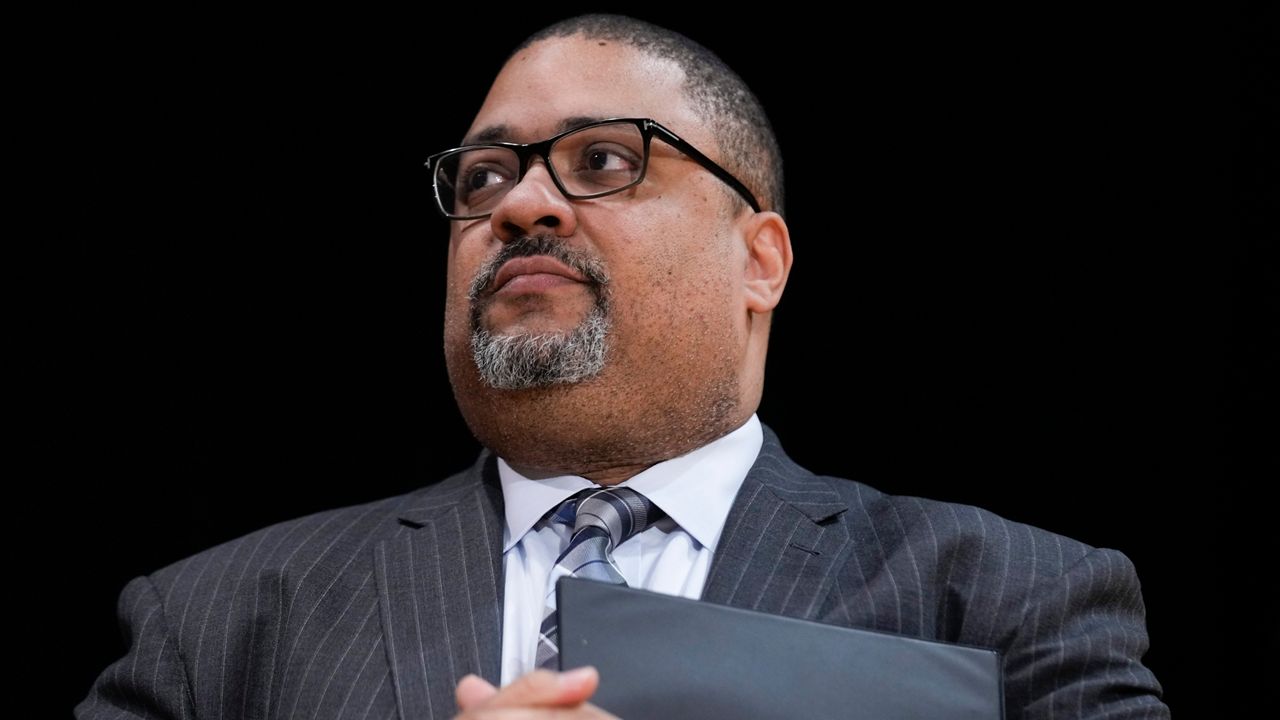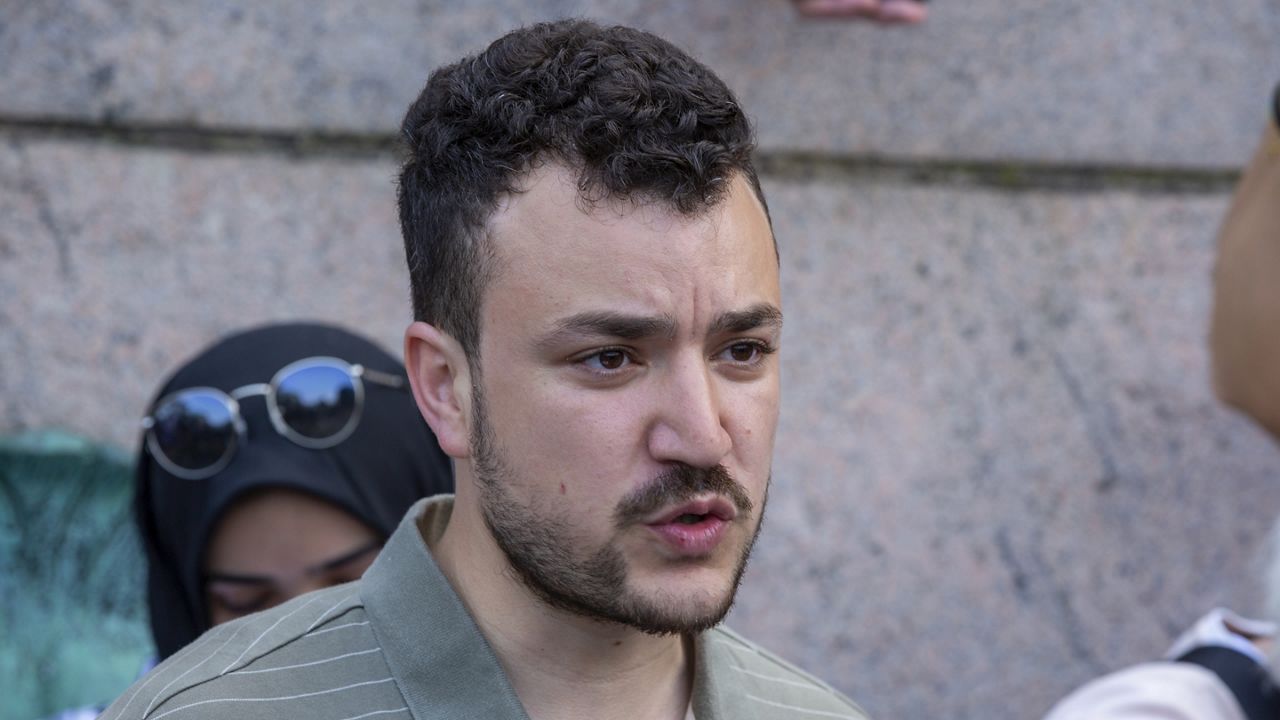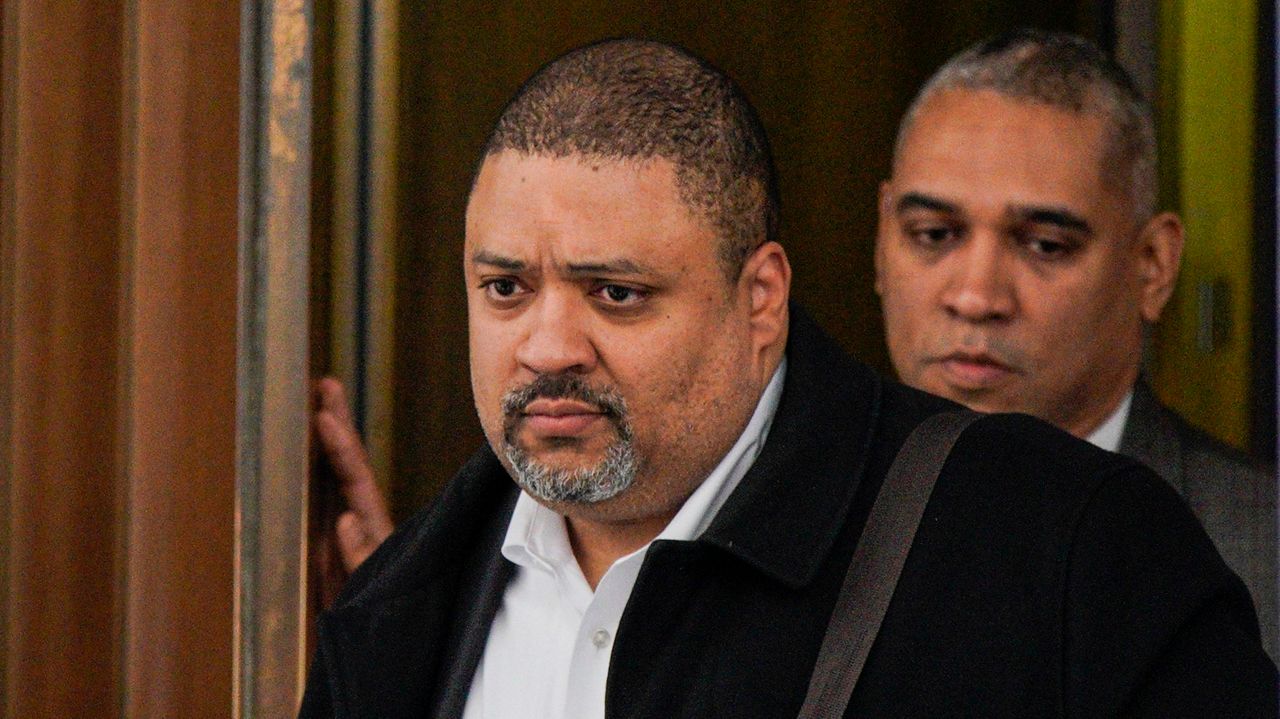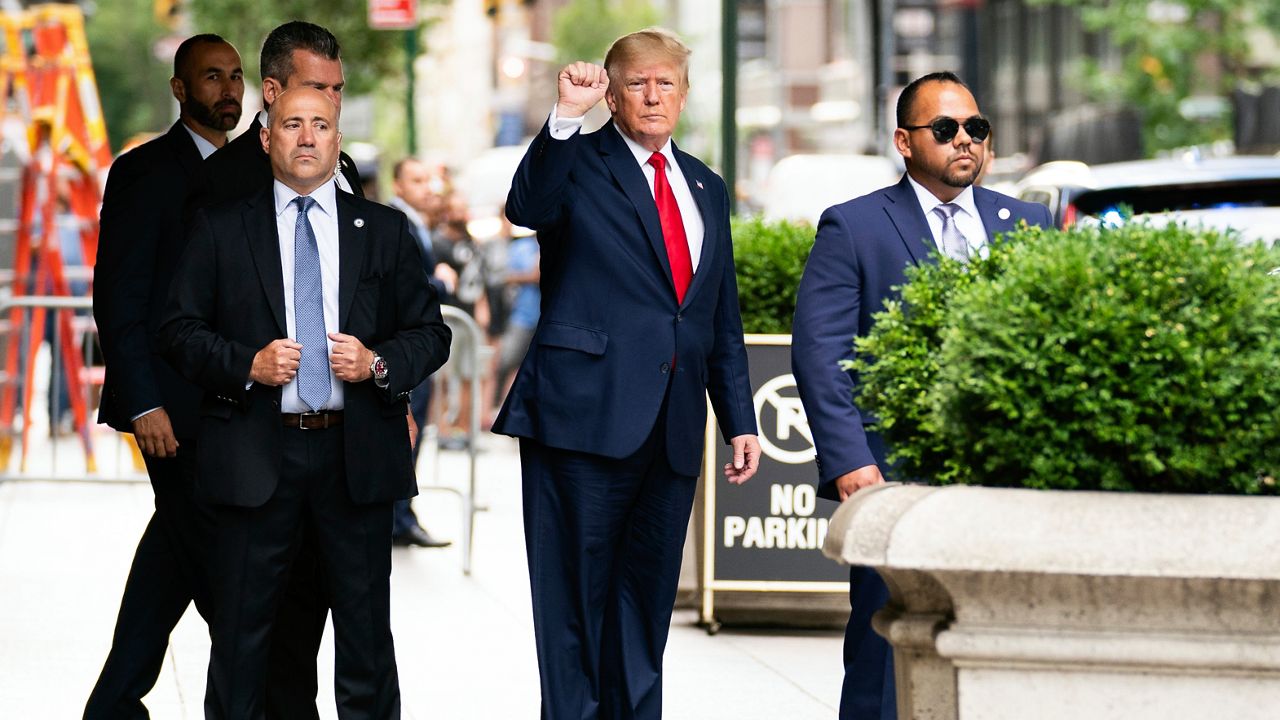Next Monday in New York City, Rep. Jim Jordan, R-Ohio, will be in town to chair a House Judiciary Committee hearing on “victims of violent crime in Manhattan” and the policies of the Manhattan prosecutor who charged former President Donald Trump with 34 felonies last week.
What You Need To Know
- Next Monday in New York City, Rep. Jim Jordan, R-Ohio, will be in town to chair a House Judiciary Committee hearing on “victims of violent crime in Manhattan” and the policies of the Manhattan prosecutor who charged former President Donald Trump with 34 felonies last week
- Overall, crime is lower than in the early 2000s and far below the worst years of the 1980s and 1990s
- New York City had the 64th lowest homicide rate of the 75 largest cities in the country in 2022 and the lowest rate of any city with more than one million residents
- The hearing will be held at the Jacob K. Javits Federal Building, just around the corner from the Bragg’s offices and the courthouse where Trump was arrested and charged last week.
The hearing “will examine how Manhattan District Attorney Alvin Bragg’s pro-crime, anti-victim policies have led to an increase in violent crime and a dangerous community for New York City residents,” according to a statement put out by the committee on Monday.
Violent crimes have increased across the city in recent years, though the number of murders in 2022 was at its lowest since 2019, before the COVID-19 pandemic arrived, according to NYPD data. As of April 2, murders, rapes, shootings and robberies were all down, while felony assaults have risen 9% compared to the same period in 2022.
Overall, crime is lower than in the early 2000s and far below the worst years of the 1980s and 1990s.
In Manhattan, where Bragg has jurisdiction, murders, rapes, shootings and robberies continue to decline in 2023 compared to the same period last year, while felony assaults have continued to rise.
“Don’t be fooled, the House GOP is coming to the safest big city in America for a political stunt,” a spokesperson for Bragg said in a statement on Monday. “The hearing won’t engage in actual efforts to increase public safety, such as supporting national gun legislation and shutting down the iron pipeline,” a term used to describe the flow of guns from states with less-restrictive gun laws into New York, where gun restrictions are among the toughest in the nation.
According to an analysis by Wirepoints, an Illinois-based research nonprofit, New York City had the 64th lowest homicide rate of the 75 largest cities in the country in 2022 and the lowest rate of any city with more than one million residents.
Bragg’s spokesperson went on to compare New York City’s homicide rate — 5.2 homicides per 100,000 people in 2022 — to Columbus, Ohio’s rate of 15.4 homicides per 100,000. Jordan represents a district just outside of Columbus.
“If Chairman Jordan truly cared about public safety, he could take a short drive to Columbus, Dayton, Cincinnati, Cleveland, Akron, or Toledo in his home state, instead of using taxpayer dollars to travel hundreds of miles out of his way,” the spokesperson continued.
The hearing will be held at the Jacob K. Javits Federal Building, just around the corner from the Bragg’s offices and the courthouse where Trump was arrested and charged last week.
Trump and his allies have repeatedly attacked Bragg’s policies and character since news of the indictment became public last month. Bragg, the first Black district attorney in Manhattan’s history, has been called an “animal” by Trump, accused of being controlled by Jewish billionaire and Democratic donor George Soros, and attacked by Jordan and others for their belief that he is soft on criminals.
In New York, Bragg ran as a progressive and assumed office in January 2022. He immediately faced scrutiny from police unions, the influential New York Post, Republicans and moderate Democrats for his decision to not prosecute certain low-level crimes, downgrade certain felonies to misdemeanors, seek alternatives to prison sentences for some types of convictions, and “reserve pretrial detention for very serious cases,” according to a “day one” memo he sent to his staff days into his tenure.
Bragg later walked back some of the policies, apologizing for an “unclear and legalistic” outline of his vision that “left many New Yorkers justifiably concerned.”
“I want to maximize our use of restorative justice,” Bragg said at a New York University law school forum in January 2022. “But it always has to be driven by the victim. My office will always be motivated and driven by what’s in the interest of public safety and the voices of the victim.”







